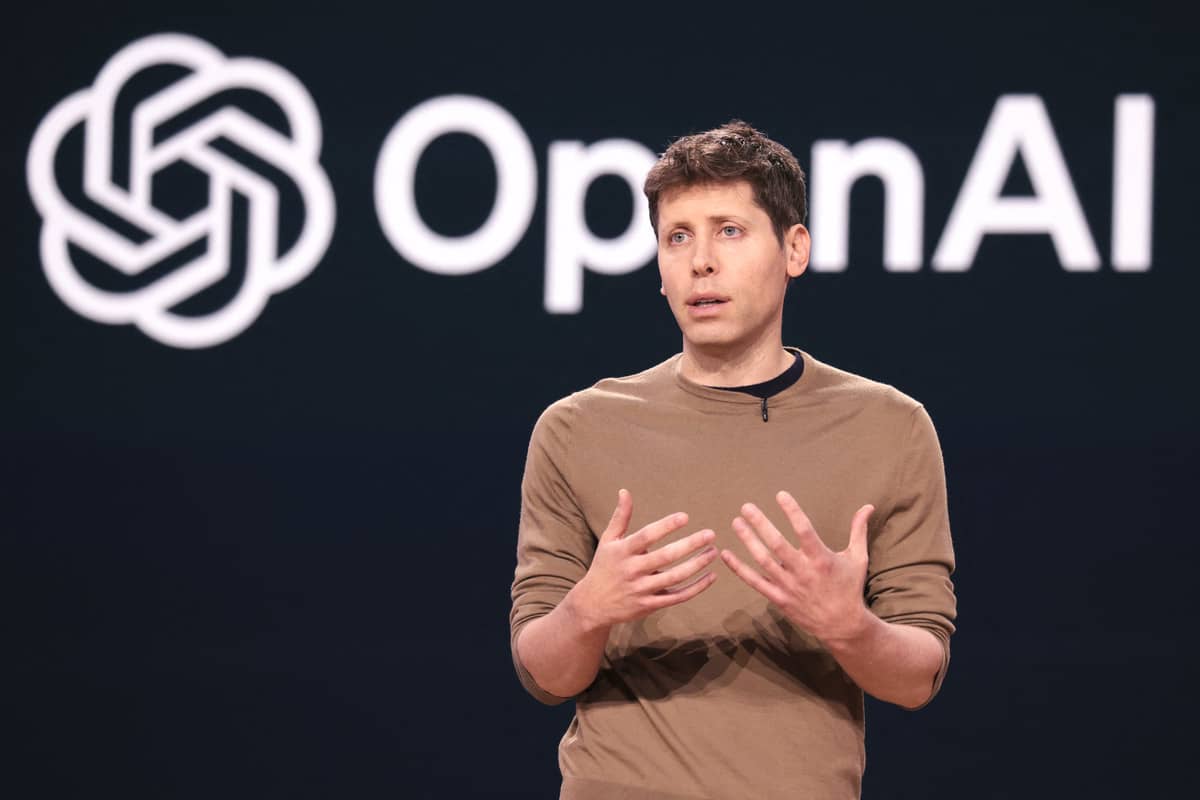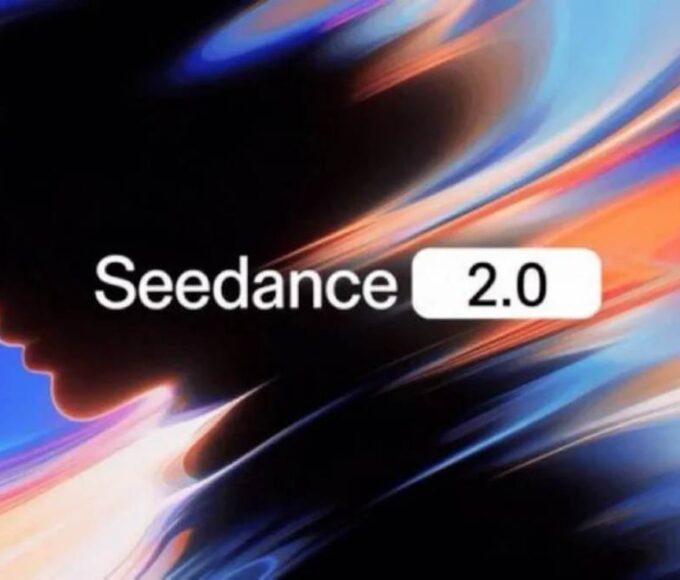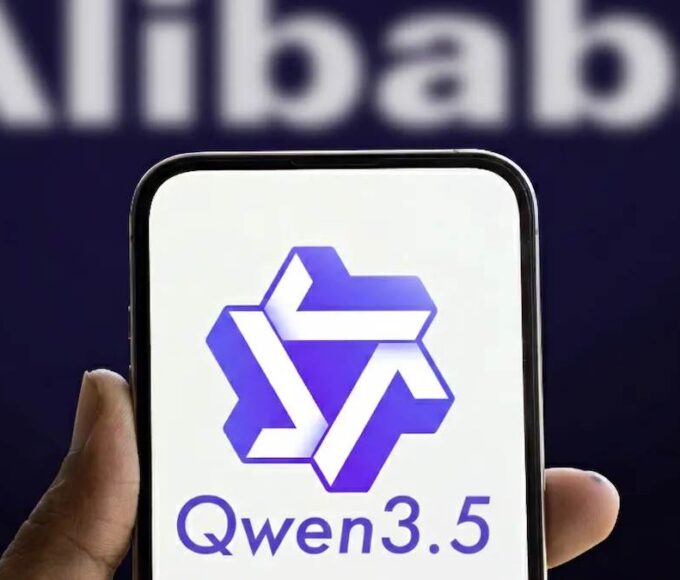OpenAI has announced its latest AI models, o3 and o3-mini, marking a significant advancement in the company’s AI technology.
Revealed during the final session of the “12 Days of OpenAI” event, CEO Sam Altman emphasized the models’ groundbreaking potential, particularly in enhancing reasoning, coding proficiency, and problem-solving.
Key Features and Advancements:
- Deliberate Problem-Solving:
The o3 models focus on thorough internal deliberation before providing answers, making them capable of handling complex tasks such as coding challenges and mathematical computations. - Superior Performance:
Early benchmarks show that o3 significantly outperforms previous models, demonstrating higher accuracy and adaptability across diverse scenarios. - Coding Excellence:
o3 models excel in programming tasks, offering not only precise code generation but also insightful explanations to help users refine their projects.
Safety Testing and Release Timeline:
Currently, the o3 and o3-mini models are available for researchers to conduct rigorous safety testing.
OpenAI has not disclosed a public release date, but the company is committed to ensuring the ethical deployment of these models before they are made widely available.
Competition in the AI Space:
This announcement comes amidst growing competition in the AI sector. Just one day prior, Google unveiled its own reasoning model, Gemini 2.0, designed to excel in similar areas.
However, OpenAI’s o3 models aim to stand out with their emphasis on thoughtful reasoning and coding expertise.
The Future of AI with o3:
The introduction of the o3 models signals exciting possibilities for AI, particularly in software development and scientific problem-solving.
As the tech community eagerly awaits the results of safety testing, the potential impact of these models on AI-human collaboration and industry transformation remains a key focus.












Leave a comment